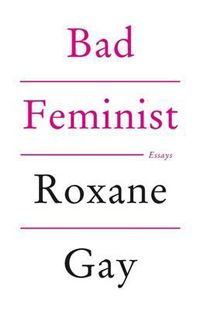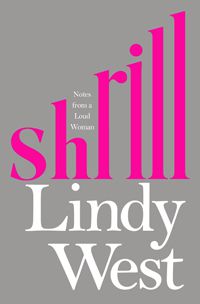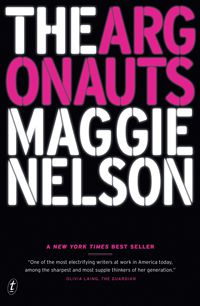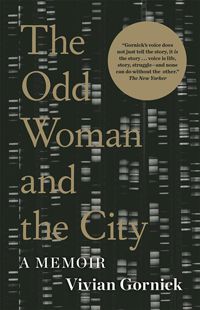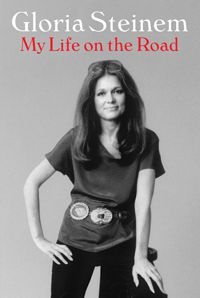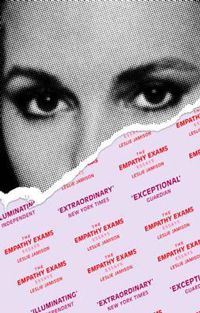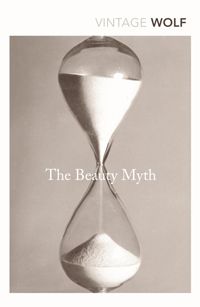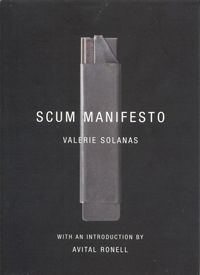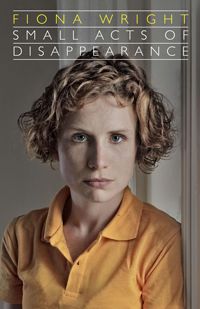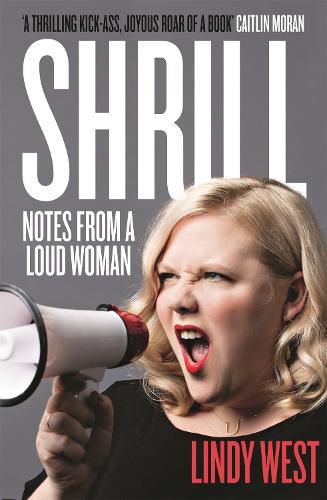Brilliant feminist memoirs and essays
Our staff recommend some of their favourite feminist memoirs and essay collections.
Nina Kenwood recommends…
Roxane Gay’s essay collection Bad Feminist is full of thought-provoking essays on race, inequality and gender. Gay is particularly brilliant at writing about pop culture from a feminist perspective, and many of her best pieces in the collection are on film and literature. From her love letter to Sweet Valley High to her shockingly powerful and very personal essay on The Hunger Games, Gay’s work is intimate, honest and always entertaining.
Lian Hingee recommends…
You might not be familiar with Lindy West’s name, but if you have even a passing familiarity with the internet you’re probably acquainted with her writing. Her eminently shareable columns deal with topics as diverse as body image, internet trolling, feminism, comedy, and why Love Actually is a terrible movie (she and I actually disagree there). Caitlin Moran calls her ‘Part of the Lady Mount Rushmore that includes Amy Schumer, Tina Fey, Sarah Silverman and Amy Poehler’, but for me Shrill eclipses the offerings from her fellow Lady-Mount-Rushmorites. It’s searingly funny, but never mean (which is a difficult feat to pull off), and self-deprecating without being disparaging.
Leanne Hall recommends…
The Argonauts is a wonderful genre-disregarding beast, full of thoughts, images, poems, memories and extracts from a wide range of philosophers, poets, psychologists, feminists and critical theorists. It’s the kind of book to read out loud with a close friend, and then enjoy picking apart one paragraph for hours. Nelson has created a work that lets the reader into the intimate world of her love partnership and family, as well as engaging the intellect.
Marie Matteson recommends…
I read The Odd Woman and the City earlier this year and loved it. The book is Vivian Gornick’s memoir of her most enduring friendship: her friendship with New York. As an Odd Woman, a woman who has forever been on the margin, she writes beautifully of the interplay between the city and self, between the lived and the always unlived, the multitude of the city and the singularity of the self, the Odd Woman.
Chris Gordon recommends…
First, this is my truth. I adore Gloria Steinem, and I am deeply grateful that she has dedicated her life to feminism, and to righting so many wrongs. She is a true journalist in her ability to collect stories, retain memories, nominate effective facts before fiction and reading her memoir of sorts, My Life on the Road, is like diving into her life at odd times, at important times. Most of all though, I like what Steinem said at the end of her recent visit to Melbourne. What would she change about feminism? What would she change about the way she has lived her life of activism, and her beliefs. She said, “I’ve been too nice. I haven’t been angry enough.” Steinem is nearly 83. It’s our turn to be fractious. Come on.
Bronte Coates recommends…
In The Empathy Exams, Leslie Jamison writes so well about many of the complexities I struggle with in my life; I recognised myself in her essays. In particular, her essay on female pain is remarkable.
Jemima Bucknell recommends…
The Beauty Myth by Naomi Wolf is the staple text of the feminist Third Wave movement and was effective in supplanting the Second Wave texts, whose shoulders it stood on (most notably The Second Sex and The Female Eunuch) to become the text of the feminist cultural zeitgeist.
Wolf makes the argument that as women gain power, as they did through radical feminist activism, the cultural, political and sexual control and contortion of the female form makes beauty standards almost completely unattainable. Wolf directly links consumer capitalism, which was then thought to have reached a peak in the 1980s (though we’ve left them in the dust now), to the destruction of the female, and demonstrates that as long as women’s bodies are controlled through sex, religion, hunger, violence and work, equality and freedom will not be possible.
The chapter on sex alone has the capacity to change the lives of today’s young women, who are being raised in competition with masculine internet porn consumption -– the dire effects of which will likely not be understood for decades. She also indirectly suggests that feminism’s failure is that it is not marketable, but I argue that isn’t true, because you can at least buy this book, right? It is well worth it, not only to illuminate and articulate precisely what each episode of Inside Amy Schumer is preoccupied with, but Wolf’s style is an assured confidence and intelligence that borders on a religious experience. The Beauty Myth is still our newest feminist testament, and although the statistics are well out of date, by reading, updating and building on Wolf’s ideas we can help one another to understand and alter the situation of women.
Gerard Elson recommends…
Valerie Solanas was a playwright, a polemicist and an agitator, a radical who flung Molotov cocktails of resistance and rage at the institutions of patriarchal hegemony in their tentacular multiplicity until her death from pneumonia in 1988, aged 52. As a child, she was sexually abused by her birth father and beaten like a dog by her grandfather, with whom she lived as a ward. As an adult, she shot Andy Warhol, for “[having] too much control in my life”. When Solanas presented the artist with the single typewritten copy of her play Up Your Ass in 1967, Warhol apparently replied, “Did you type this yourself? I’m so impressed,” before suggesting she come work at the Factory – as a typist.
Small wonder then that Solanas’ masterpiece, the SCUM Manifesto, is a fiercely misandrist tract which taken to its logical extreme calls for nothing less absolute than the annihilation of the human male. It’s an absurd call to arms: how would an all-female Utopia perpetuate itself, much less in 1967, before fertility scientists cracked the problem of same-sex reproduction?
No matter. Solanas’ deadly serious yet acridly funny pronunciamento (sample quote: SCUM will conduct Turd Sessions, at which every male present will give a speech beginning with the sentence: “I am a turd, a lowly abject turd, then proceed to list all the ways in which he is’) takes a crowbar to damn near every aspect of our lives to reveal a stinking foundation of masculine entitlement. What’s sad is just how of-the-moment so much of it still feels today.
Stella Charls recommends…
It’s been months since I finished Fiona Wright’s collection of essays, Small Acts of Disappearance, but this incredible book has lodged itself in my head and my heart ever since I finished the final page.
Wright’s essays are part-memoir, part-cultural studies/literary criticism, and are a devastating pleasure to read. The essays at once chronicle her personal relationship with anorexia and themes of hunger and smallness more broadly – essays about Wright’s time spend living overseas in Sri Lanka and Germany, and analysis of hunger in Australian literary stand out for me. The private and the public are connected here, and by exploring the ways that personal experience can bridge larger cultural themes, Small Acts of Disappearance offers readers so much to connect to and empathise with.



